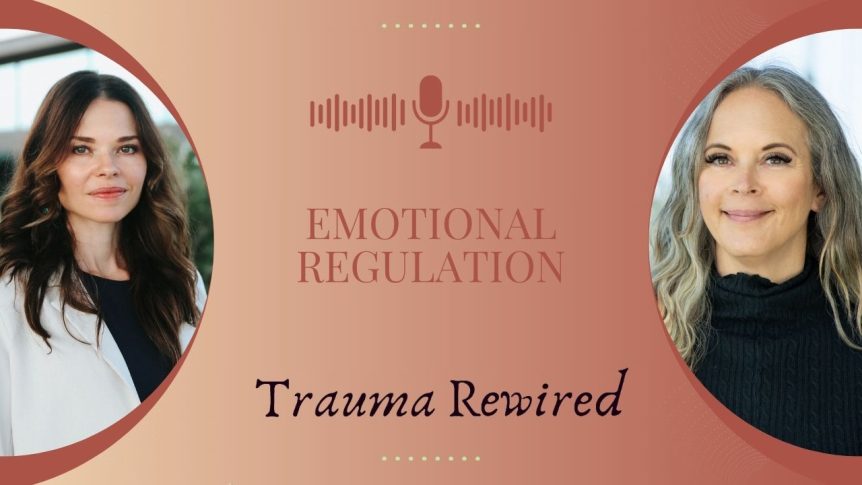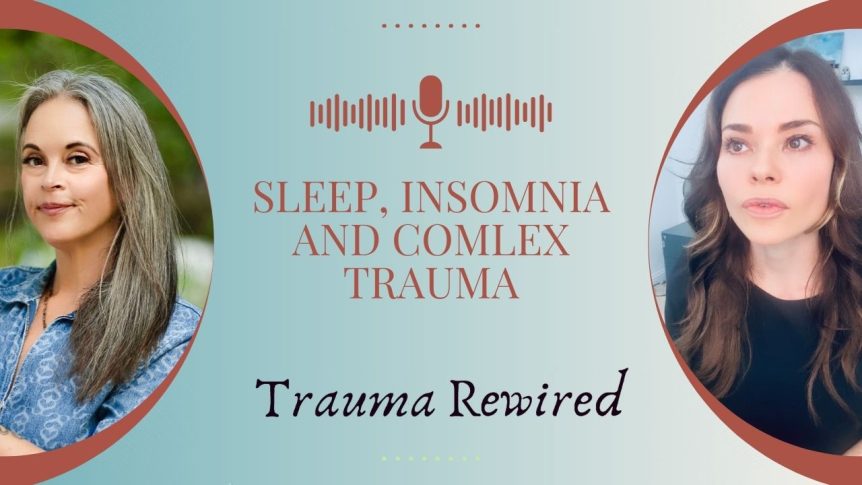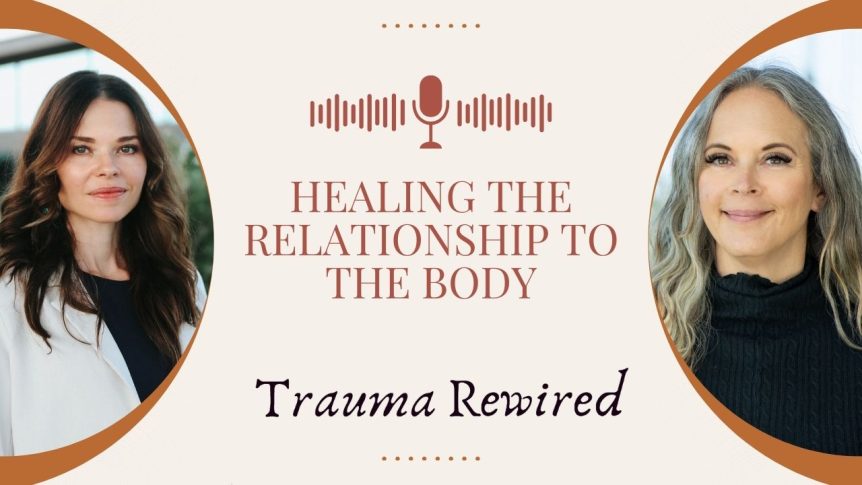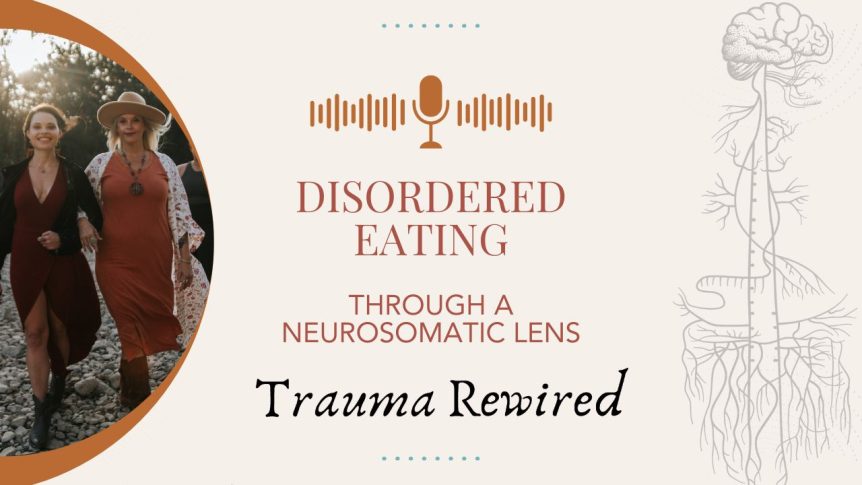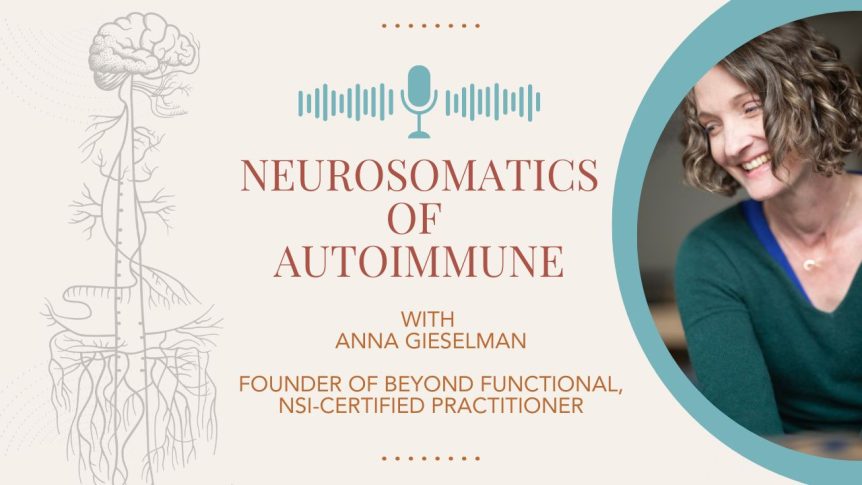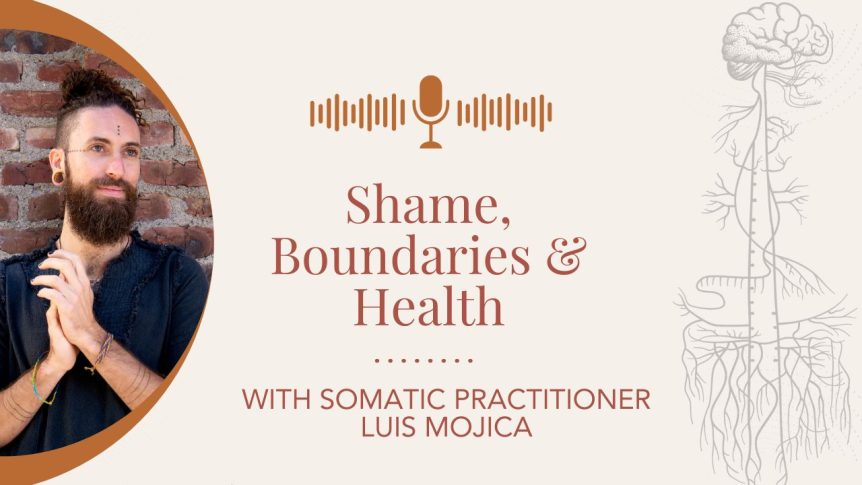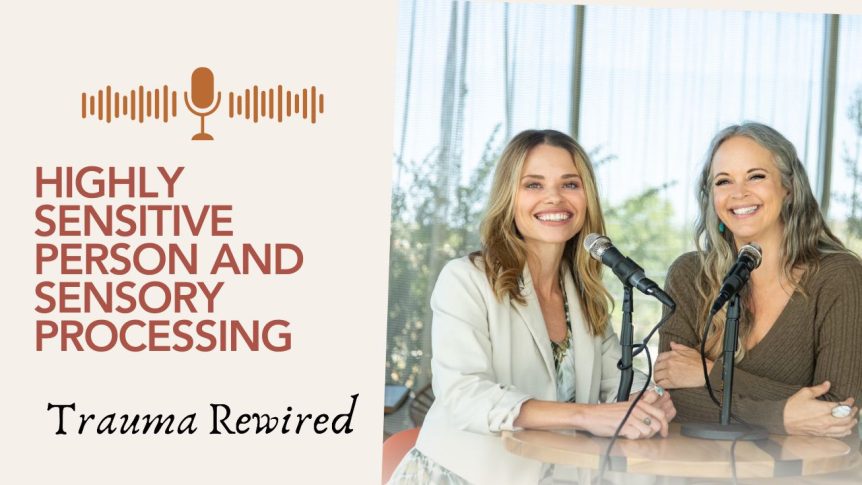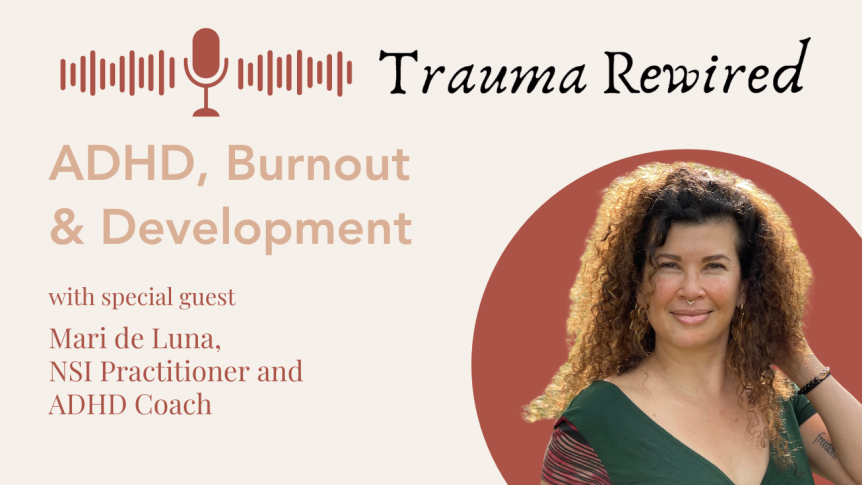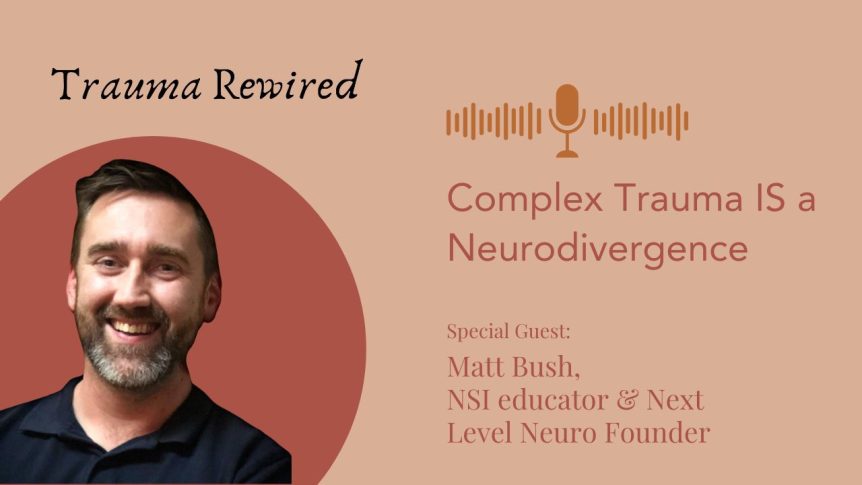As we unpack the impact of childhood neglect and discuss the ways emotional dysregulation can stem from early experiences, this episode sheds light on the importance of building a relationship with our emotions. The journey of emotional healing starts right where you are, and even the smallest steps—like becoming curious about your emotional responses—can lead to profound change. In today’s …
In this episode, we delve into the profound connection between trauma, attachment wounds, and insomnia. We begin by discussing how secure attachments, particularly with family members like grandparents, can mitigate stress but their loss can trigger insomnia and other physical symptoms. We both host share personal anecdotes to highlight the pervasive impact of family disruptions and relational stressors on sleep …
“The most sacred relationship we can enter into is the one we have with ourbodies. it is the cornerstone to embodiment and presence.” There’s no way around it: having a punishing or abusive relationship with our body isgoing to result in chronic stress. It’s not our fault that we developed this way, but thegood news is that we are capable …
“We have been taught to be in a relationship with our bodies based on punishment and reward. It’s time we learn to treat our bodies as homes that we love, not projects that we must constantly renovate. – Sonya Renee Taylor The majority of Americans state that the reason they can’t achieve behavior change or reach their goals is due …
Autoimmune diseases are often labeled as “illnesses of the unknown.” The medical field has yet to identify the root cause of these conditions, which are frequently considered incurable. However, a significant aspect might be overlooked: the role of trauma. Histories of abuse, trauma, and even early relational trauma during infancy are crucial factors in understanding the complex environment where autoimmune …
The amount of time and patience it takes to heal the body cannot be understated. Pushing our own personal boundaries to create a larger capacity to be witnessed and seen, can feel counterintuitive at times. However, if we can dig deep to understand how the nervous system attempts to protect us, even when it doesn’t feel like it, we can …
Our emotional and nervous systems are intricately connected. Our emotional states provide clues about the state of our nervous system, and vice versa. Conditions such as autoimmune diseases, gut health issues, pain, eczema, and psoriasis often trace back to complex trauma and nervous system dysregulation. These physical symptoms are our body’s protective responses. Viewing overall health from this perspective offers …
For highly sensitive people (HSPs), the intensity of the world often feels magnified. Their heightened sensitivity makes them highly empathetic and deeply attuned to others’ emotions. This allows them to form meaningful, compassionate connections. However, it can also lead to overwhelm. Everyday stimuli—like sounds, touch, smells, textures, and colors—can be particularly dysregulating for HSPs. This is why understanding where we …
We live in an extremely overstimulating society, where information is coming at us from all angles, and the brain is constantly working to make sense of it all. As we continue to unravel and understand ADHD, we’re beginning to see it not just as a disorder, but as an adaptive response to the world. With this perspective, we can work …
What is a neurotypical world? Here at Trauma Rewired, we don’t believe it exists. As humans, we are biodynamic, unique, individuals that process the world around us differently. So understanding how that happens is key to unlocking our healing potential. Complex trauma adds another layer to the mix, which we believe is not separate from neurodivergence. The “extra” neural pathways …
